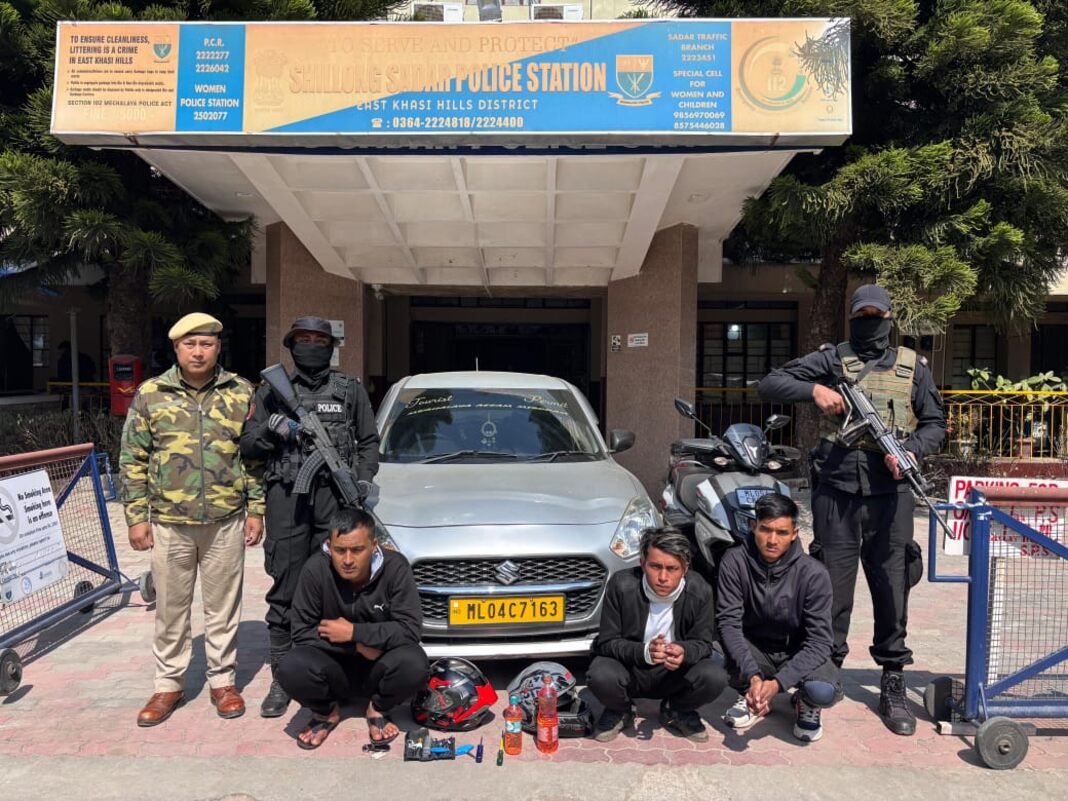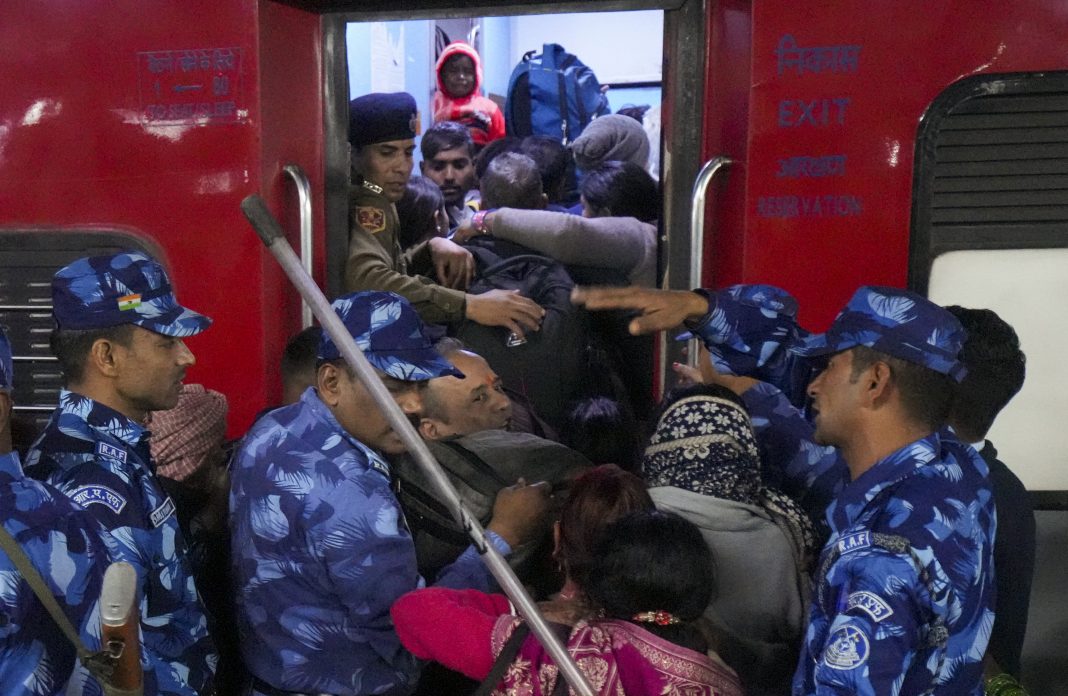Guwahati, Feb 16: The Assam government and the All Assam Students’ Union (AASU) have reached a consensus on implementing 38 out of 52 recommendations made by the Justice Biplab Sharma Committee on Clause 6 of the Assam Accord. The agreement marks a significant step in fulfilling the long-pending demands for safeguarding the rights of Assam’s indigenous people.
Addressing a press conference on Sunday, Chief Minister Himanta Biswa Sarma announced that the implementation process for these recommendations will be reflected in the upcoming state budget, scheduled to be presented on March 10. Notifications will be issued by the government soon after.
“We have finalized these recommendations after incorporating AASU’s suggestions. The remaining 14 recommendations will be discussed in another round of talks, followed by a third meeting in the first week of April to review all 52 recommendations,” Sarma said.
Among the major decisions, the Assam government has agreed to establish a full-fledged Directorate of Language, which will operate independently instead of being under the Home Department. Additionally, government laws, rules, and regulations will now be published in Assamese for the Brahmaputra Valley, Bodo for the Bodoland Territorial Region (BTR), and Bengali for the Barak Valley, alongside English and Assamese.
To promote regional identity and awareness, history and geography will be made compulsory subjects in all government and private schools up to Class VIII.
Further, the government has entrusted Gauhati University and Dibrugarh University with the task of translating old laws, rules, and regulations into Assamese, with additional support from the state government.
A key point of agreement between AASU and the government is the identification of specific revenue blocks where land sale and purchase will be restricted to indigenous people who have been residing in Assam before 1951. However, Scheduled Tribes (ST), Scheduled Castes (SC), and six recognized ethnic groups will be exempted from providing certificates for land transactions.
“This restriction will apply only to rural areas and not to cities or towns. However, AASU has proposed that newly created urban areas also be included, and we will consider their suggestion,” Sarma added.
The Assam government also plans to conduct a comprehensive land survey in the char (sandbar) areas to bring them under the revenue system.
“Once the survey is complete, we will move towards settlement, but before that, discussions will be held with all stakeholders to finalize modalities,” Sarma said.




